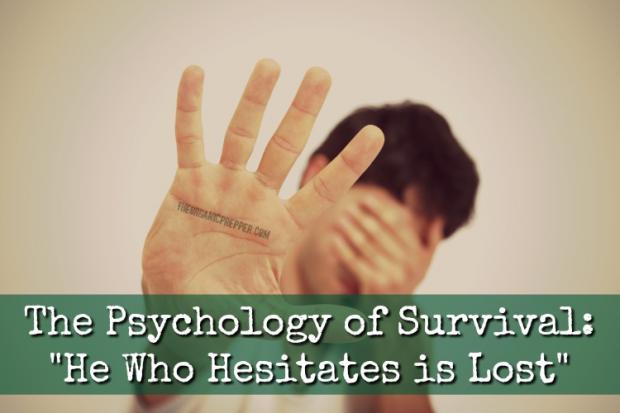
Breaking News
 'Russia Feels It's Being Heard': Trump Advancing Secret 28-Point Plan To End Ukraine War
'Russia Feels It's Being Heard': Trump Advancing Secret 28-Point Plan To End Ukraine War
 The Psychology of Survival: "He Who Hesitates is Lost"
The Psychology of Survival: "He Who Hesitates is Lost"
 Popular Trump Supporter/Respected Financial Expert Eric Bolling Warns That President Trump...
Popular Trump Supporter/Respected Financial Expert Eric Bolling Warns That President Trump...
 The Man Who First Predicted Trump Would Move to Overthrow Venezuelan & Mexican Dictatorships...
The Man Who First Predicted Trump Would Move to Overthrow Venezuelan & Mexican Dictatorships...
Top Tech News
 New Gel Regrows Dental Enamel–Which Humans Cannot Do–and Could Revolutionize Tooth Care
New Gel Regrows Dental Enamel–Which Humans Cannot Do–and Could Revolutionize Tooth Care
 Researchers want to drop lab grown brains into video games
Researchers want to drop lab grown brains into video games
 Scientists achieve breakthrough in Quantum satellite uplink
Scientists achieve breakthrough in Quantum satellite uplink
 Blue Origin New Glenn 2 Next Launch and How Many Launches in 2026 and 2027
Blue Origin New Glenn 2 Next Launch and How Many Launches in 2026 and 2027
 China's thorium reactor aims to fuse power and parity
China's thorium reactor aims to fuse power and parity
 Ancient way to create penicillin, a medicine from ancient era
Ancient way to create penicillin, a medicine from ancient era
 Goodbye, Cavities? Scientists Just Found a Way to Regrow Tooth Enamel
Goodbye, Cavities? Scientists Just Found a Way to Regrow Tooth Enamel
 Scientists Say They've Figured Out How to Transcribe Your Thoughts From an MRI Scan
Scientists Say They've Figured Out How to Transcribe Your Thoughts From an MRI Scan
 Calling Dr. Grok. Can AI Do Better than Your Primary Physician?
Calling Dr. Grok. Can AI Do Better than Your Primary Physician?
The Psychology of Survival: "He Who Hesitates is Lost"

Preparedness isn't just about the supplies you stockpile and the skills you learn. It's about psychology, too. And an important step toward survival is understanding the psychology behind hesitation.
In a worst-case scenario, hesitation kills.
He who hesitates is lost. Swift and resolute action leads to success. Self-doubt is a prelude to disaster.
~Joseph Addison
It's simple psychology that no one wants to accept that something horrible has happened.
The human brain is configured in a way that it is in our very nature to deny that something outside our normal paradigm has occurred. This is called cognitive dissonance.
"Cognitive dissonance is the feeling of discomfort when simultaneously holding two or more conflicting cognitions: ideas, beliefs, values or emotional reactions…Dissonance is aroused when people are confronted with information that is inconsistent with their beliefs. If the dissonance is not reduced by changing one's belief, the dissonance can result in restoring consonance through misperception, rejection or refutation of the information, seeking support from others who share the beliefs, and attempting to persuade others." (source)
In a crisis situation, denial can be deadly.

 Unbanked In A Connected World
Unbanked In A Connected World

